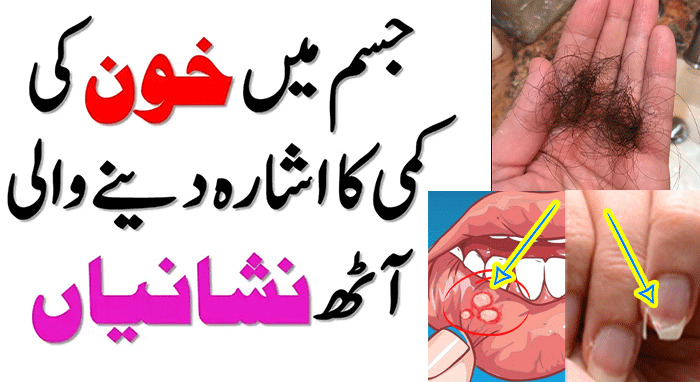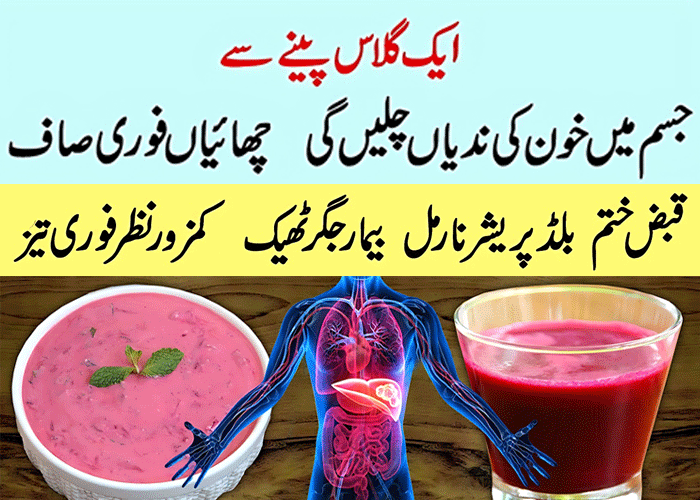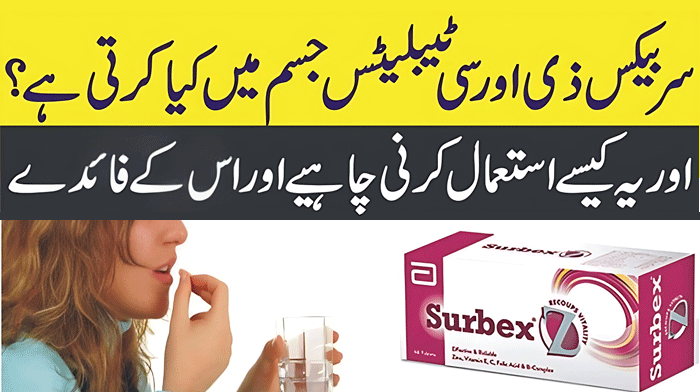
Iron deficiency anemia can be a challenging condition to deal with, but with the right approach, it is possible to overcome it and improve your overall health. In this article, we’ll explore some effective strategies to help you eliminate iron deficiency anemia and start feeling better.
Iron deficiency anemia occurs when your body doesn’t have enough iron to produce hemoglobin, the protein in red blood cells that carries oxygen to your tissues. This can lead to symptoms such as fatigue, weakness, shortness of breath, and dizziness. If left untreated, iron deficiency anemia can impact your quality of life and overall well-being.
Get Rid of Anemia Iron Deficiency with Supplements
Increase Iron Intake
One of the most important steps in overcoming iron deficiency anemia is to increase your intake of iron-rich foods. These include red meat, poultry, fish, beans, lentils, tofu, spinach, and fortified cereals. Incorporating these foods into your diet can help replenish your iron stores and improve your hemoglobin levels.
Pair Iron-Rich Foods with Vitamin C
Pairing iron-rich foods with sources of vitamin C can enhance iron absorption in the body. Vitamin C helps convert iron into a form that is easier for the body to absorb, so be sure to include foods like citrus fruits, strawberries, bell peppers, and tomatoes in your meals.
Consider Iron Supplements
In some cases, dietary changes alone may not be enough to overcome iron deficiency anemia. Your doctor may recommend iron supplements to help boost your iron levels. These supplements are available over the counter and come in various forms, including ferrous sulfate, ferrous gluconate, and ferrous fumarate.
Avoid Foods that Inhibit Iron Absorption
Certain foods and beverages can inhibit the absorption of iron in the body, so it’s important to limit their intake, especially when trying to overcome iron deficiency anemia. These include coffee, tea, calcium-rich foods, and high-fiber foods. Try to consume these items separately from iron-rich meals to maximize absorption.
Cook with Cast Iron Cookware
Cooking with cast iron cookware can increase the iron content of your meals, especially when preparing acidic foods like tomato sauce or chili. The iron from the cookware leaches into the food during cooking, providing an additional source of this essential mineral.
Get Regular Exercise
Regular exercise can help improve circulation and oxygenation throughout the body, which is important for individuals with iron deficiency anemia. Aim for at least 30 minutes of moderate exercise most days of the week, such as walking, swimming, or cycling.
Stay Hydrated
Staying hydrated is essential for overall health and can help prevent symptoms of fatigue and weakness associated with iron deficiency anemia. Aim to drink plenty of water throughout the day, and limit your intake of caffeinated beverages, which can contribute to dehydration.
Monitor Your Progress
Keep track of your symptoms and monitor your progress over time. If you’re not seeing improvements despite making dietary changes and taking supplements, consult with your doctor. They may need to adjust your treatment plan or investigate the underlying causes of your iron deficiency.
Nettle Tea: Nettle tea is a herbal remedy that may help improve iron levels. It contains vitamins and minerals, including iron, and can be consumed regularly as a natural supplement.
Blackstrap Molasses: Blackstrap molasses is rich in iron and other essential nutrients. Adding a tablespoon of blackstrap molasses to your morning cereal or smoothie can help boost your iron intake.
Iron deficiency anemia can be a challenging condition to manage, but with the right approach, it is possible to overcome it and improve your quality of life. By increasing your intake of iron-rich foods, pairing them with sources of vitamin C, considering iron supplements, and incorporating other lifestyle changes, you can effectively boost your iron levels and alleviate symptoms of anemia.
Note: Remember to consult with your doctor before making any significant changes to your diet or supplementation regimen. With patience and persistence, you can overcome iron deficiency anemia and enjoy better health and vitality.
FAQs about Iron Deficiency Anemia:
Can iron deficiency anemia affect children and adolescents?
Yes, iron deficiency anemia can affect individuals of all ages, including children and adolescents. It is particularly common during periods of rapid growth and development, such as infancy, childhood, and adolescence. Ensuring adequate iron intake through a balanced diet is crucial during these stages to support healthy growth and prevent anemia.
Are there any natural remedies or herbs that can help with iron deficiency anemia?
Yes, some natural remedies and herbs may help improve iron absorption and alleviate symptoms of anemia. Examples include nettle leaf, yellow dock root, dandelion greens, and spirulina. However, it’s important to consult with a healthcare professional before using any herbal supplements, as they may interact with medications or have contraindications for certain medical conditions.
Can menstruation affect iron levels in women?
Yes, menstruation can significantly impact iron levels in women due to the loss of blood during menstruation. Women of childbearing age are at a higher risk of developing iron deficiency anemia, especially if they have heavy or prolonged menstrual periods. Women need to monitor their iron levels and consider supplementation if necessary, particularly during menstruation.
Is iron deficiency anemia more prevalent in certain demographics or ethnic groups?
Yes, certain demographics and ethnic groups may have a higher prevalence of iron deficiency anemia. Factors such as dietary habits, cultural practices, socioeconomic status, and genetic predisposition can contribute to differences in iron status among populations. Individuals from low-income or marginalized communities may be at greater risk due to limited access to nutritious foods and healthcare resources.
Can gastrointestinal disorders contribute to iron deficiency anemia?
Yes, gastrointestinal disorders such as celiac disease, inflammatory bowel disease (IBD), and gastrointestinal bleeding can lead to iron deficiency anemia. These conditions can interfere with the absorption of iron from the diet or cause chronic blood loss, resulting in depleted iron stores and anemia. Proper management of the underlying gastrointestinal condition is essential for addressing iron deficiency anemia in these cases.
Is it possible to consume too much iron?
Yes, excessive iron intake can lead to iron overload, which can have adverse health effects. Individuals with certain genetic conditions like hemochromatosis or those who regularly take high-dose iron supplements without medical supervision may be at risk of iron overload. Symptoms of iron overload can include fatigue, joint pain, abdominal pain, and organ damage. It’s important to follow recommended dietary guidelines and consult with a healthcare provider before taking iron supplements.
Does donating blood affect iron levels?
Yes, donating blood can temporarily lower iron levels in the body, as it involves the loss of red blood cells containing iron. While this typically does not lead to iron deficiency anemia in healthy individuals, frequent blood donation may deplete iron stores over time, especially in those already at risk of iron deficiency. Individuals who donate blood regularly should ensure they maintain a balanced diet rich in iron and consider supplementation if necessary.
Can certain medications contribute to iron deficiency anemia?
Yes, certain medications can interfere with iron absorption or increase the risk of gastrointestinal bleeding, leading to iron deficiency anemia. Examples include proton pump inhibitors (PPIs) used to treat acid reflux, nonsteroidal anti-inflammatory drugs (NSAIDs) like aspirin and ibuprofen, and anticoagulants (blood thinners). It’s important for individuals taking these medications to monitor their iron levels and discuss any concerns with their healthcare provider.






